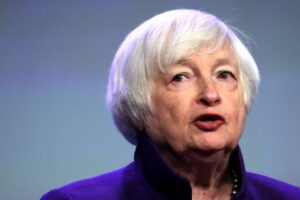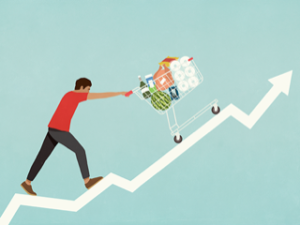Americans Are Working Less

In one of the news feeds I read, an essay titled “Working hardly or hardly working” caught my eye. According to the author, burnout among American workers is “running rampant.” The reason? “The average American works 400 more hours a year than Germans do.” The good news, he says, is that “the trend is changing…. A University of Maryland study shows average US workweeks dipping 30+ minutes since 2019.”
Some key figures:
* High-earning young men were at the top of this trend. Their average reduction is the highest at 1.5 hours.
* Self-proclaimed workaholics are down, too. From 55 hours a week to 52.
The rise in virtual employees since the pandemic shutdown is obviously another important factor.
“The trend’s stickiness is hard to estimate,” the author says, “but it’s great news for the nation’s collective mental health as long as it lasts.”
True. Unless you believe that productive work is the cornerstone of wealth building, and that an essential component of mental health and happiness is working purposefully. (Which should include one’s job, since that takes up the largest share of one’s work time.)
Are Housing Prices Out of Whack?
Housing prices have risen 40% since 2020. They peaked last autumn and have edged down since then, but only by a total of 5%. They are still, by long-term historical standards, very high. In 1971, as Bill Bonner points out in a recent edition of Bonner Private Research, it took the average American about 36 hours of labor each month to pay an average mortgage on an average house. Now, the figure is 110 hours.
“Things that are out of whack have a way of getting back into whack,” Bonner says. “Economists call it ‘regression to the mean’…. It’s one of the most powerful forces in finance…. A recession in [today’s] housing market would make it a lot easier for people to keep a roof over their heads.”
Bill’s been mostly right about real estate prices since I’ve been reading him. (About 30 years.) And I’m inclined to agree with him on this. If you are looking to sell, do it soon. If you are looking to buy, you might do better to wait.






